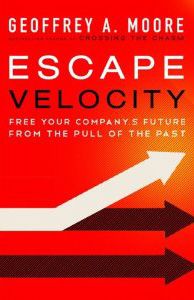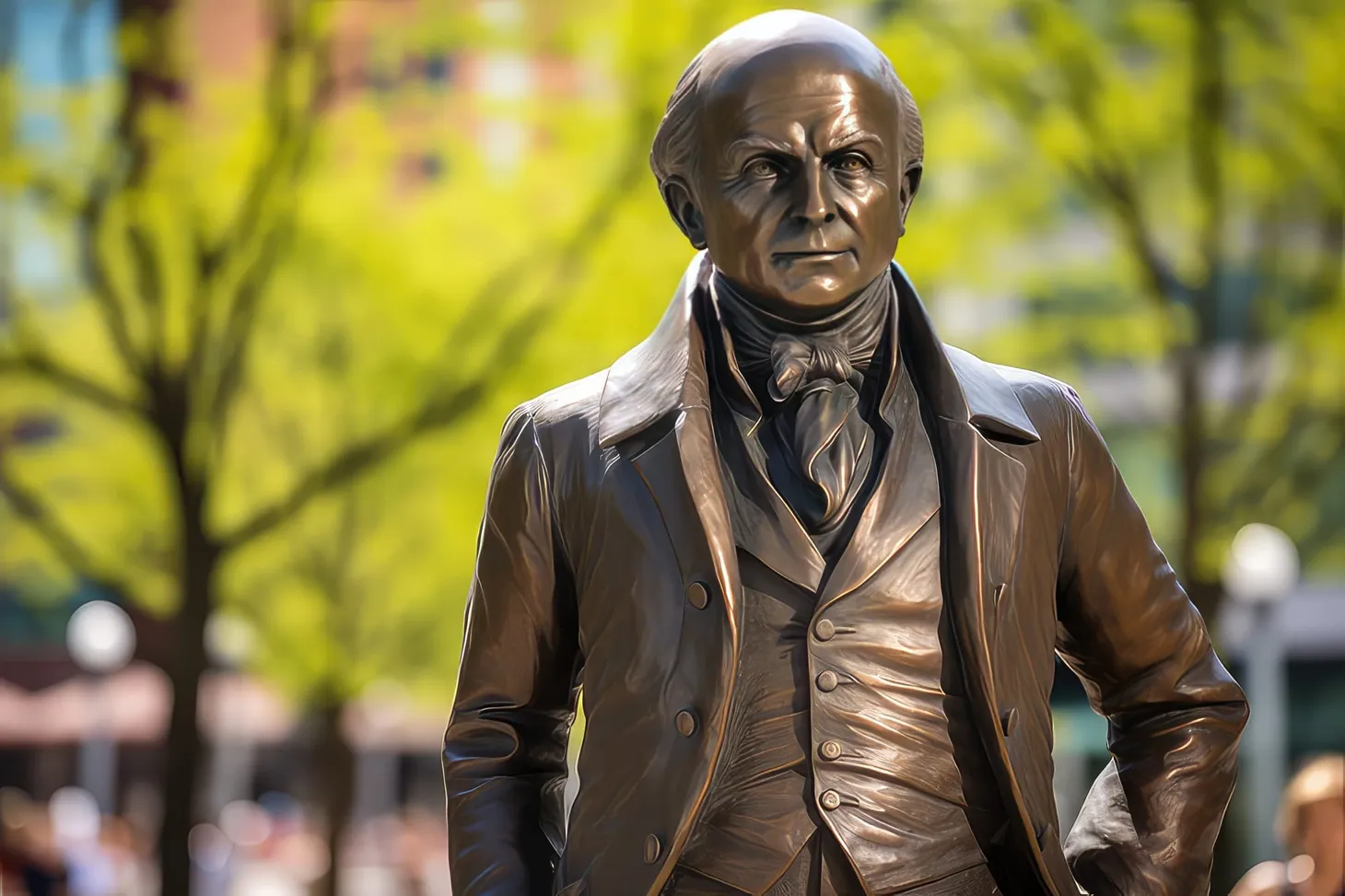Is your compensation structure holding your organization back from innovation success?
I’ve been recently laid up recovering from some medical work that I had done. During this time, a number of my friends sent me their books to read. Needless to say, I’m well stocked with reading material for the forciable future. One person who recently gave me their new book (to be released […]

I've been recently laid up recovering from some medical work that I had done. During this time, a number of my friends sent me their books to read. Needless to say, I'm well stocked with reading material for the forciable future. One person who recently gave me their new book (to be released Sept 6th) was Geoffrey Moore. For those of you who don't know who Geoffrey is, he is the author of the business best seller “Crossing the Chasm” and a Venture Partner at Mohr Davidow.
Geoffrey's new book is titled “Escape Velocity”. I'm not completely done with the book but so far, Geoffrey has hit the ball out of park when he describes the challenges that hold companies back. What he found in his research was that executives were trapped by the quarterly performance-based compensation structures that everyone thinks are normal. The result was critical decision-makers prioritizing their historical success and commitments over everything else resulting in an alarmingly low success rate in new-product launches. The end result is widespread failure to sustain any kind of next-generation business at scale.
In Escape Velocity, Moore shares some strategies that we all should learn:
- How to use mergers and acquisitions as well as organic innovation to systematically migrate an enterprise’s portfolio out of lower-growth and into higher-growth segments;
- How to reallocate resources across an enterprise in deliberately asymmetrical ways to create a powerful and sustainable foundation for a long-term competitive advantage;
- How to leverage target-market initiatives as accelerants to growth and as stepping-stones to broad overall success;
- How to create unmatchable offerings by being swift to neutralize competitors’ innovations and laser-focused on driving in-house innovations to make a business impervious to competitors;
- How to fundamentally change the execution cadence of an organization, pushing change from innovation to broad deployment, creating an irreversible tipping point along the way.
Everyone should read this book … You can order at Amazon or Barnes & Noble
Do you think compensation has an impact on leadership's ability to support innovation?
Phil McKinney Newsletter
Join the newsletter to receive the latest updates in your inbox.




